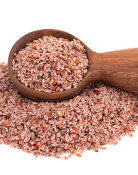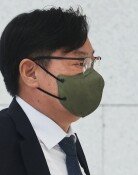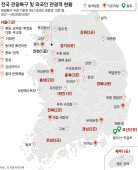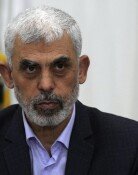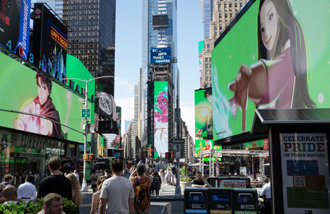Protecting seed sovereignty
All watermelons are not called sambok honey watermelon" during summer dog days called sambok. Heungnong Seeds, which created the watermelon species, made the name that means three fortunes, which is also called sambok in Korean. The fate of the sambok watermelon was not so fortunate, however. Since Korea suffered a foreign exchange crisis in late 1997, all of the countrys top-four seed companies, including Heungnong, have been sold to multinational corporations. Korean farmers had to pay royalties to foreign companies though they planted seeds of indigenous crops such as watermelon, cabbage and hot pepper on Korean soil. In other words, Korea has been a colony of seeds.
The worlds top 10 multinational corporations in agriculture hold nearly 70 percent of the global seeds market, with leader Monsanto owning 27 percent alone. With its advanced genetic engineering technology, the U.S. is the world leader in grain seeds, while the Netherlands, which excels in choice and concentration knowhow, is leading the global market for facility horticulture seeds. The Dutch are increasing their dominance in the international seed market of 90 trillion won (80 U.S. billion dollars). It has been developing new species capable of enduring different soil types and severe natural conditions and pursuing aggressive mergers and acquisitions. Korea, which starts doing its duty as a member of the International Union for the Protection of New Varieties of Plants this year, is expected to pay about 800 billion won (717 million dollars) in seed royalties over the next decade.
Jeong Yak-yong, a gifted Joseon Dynasty scholar and philosopher, wrote in his book of proverbs that even starving farmers would never eat their own seeds. With distinctive seasonal changes and an abundance of precipitation and granitic soil, Korea has a wide variety of plant species. Despite its potential to become a treasure trove of seed resources, the country lacks efforts to protect its seed sovereignty. Many of its seeds have been leaked to other countries since Korea was opened to the outside world. How ironic that Korea depends on imports for 95 percent of its bean consumption though it is the place of origin for beans.
Dongbu Group has acquired Monsanto Korea, which purchased two of the countrys leading seed companies including Heungnong, taking over the right to sell the seeds of cabbage, horseradish, onions, watermelons and other species. Dongbu has yet to acquire the seeds for hot pepper, tomatoes and paprika. The acquisition, however, means that Korea has partially recovered its seed sovereignty for the first time in 14 years. Korea`s project to nurture the seed industry as an export sector is appropriately named Golden Seed. The international prices for the seeds of fine tomatoes and paprika are twice as high as that of gold of the same weight. Though a latecomer to the game, Korea has to begin fighting a seed war.
Editorial Writer Lee Hyeong-sam (hans@donga.com)
Headline News
- N. Korea redefines S. Korea as ‘hostile state’ in revised constitution
- Samsung develops graphic DRAM with industry-leading capacity and speed
- Three questions allegedly leaked via text message during Yonsei Univ. essay test
- China to inject 340 trillion won in loans to support real estate sector
- Dodgers beat Mets to take 2-1 lead in NLCS



